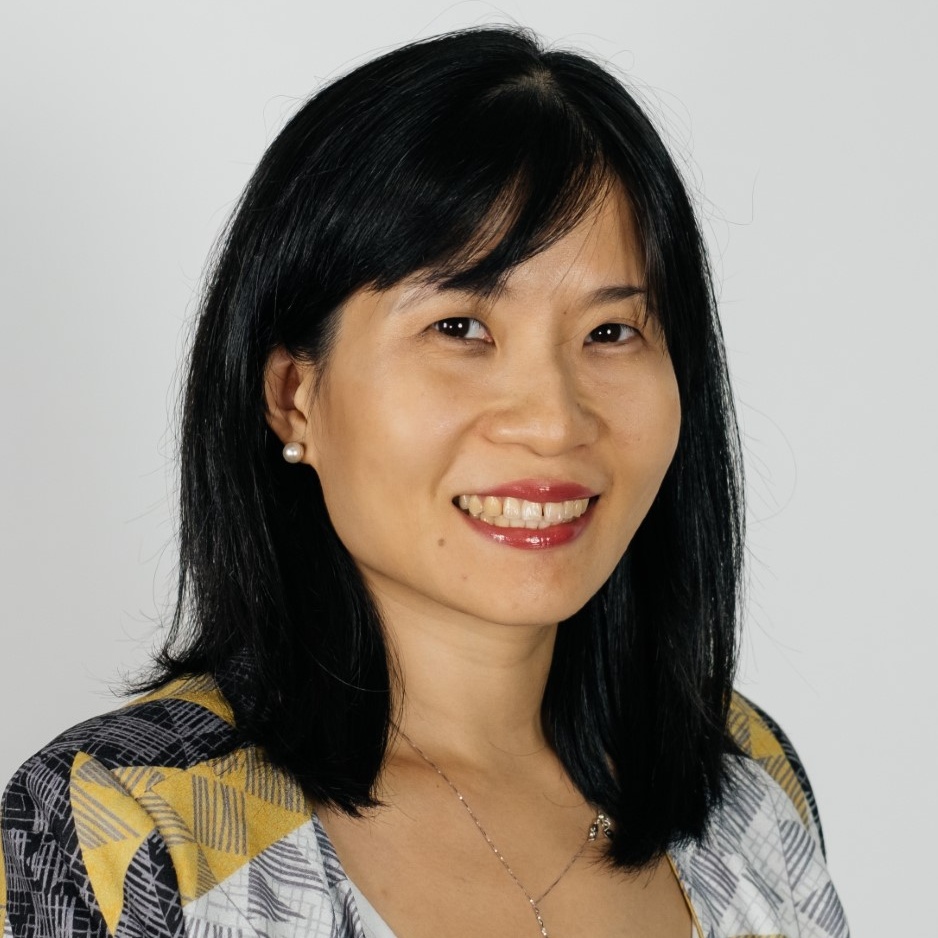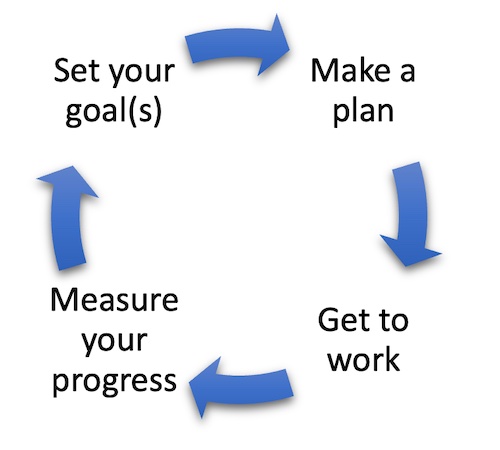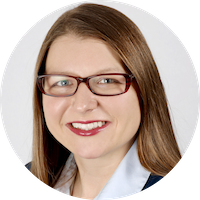




Starting your career as a specialist or subspecialist can be daunting and filled with challenges – from trying to set up your private practice to ensuring that you are providing great training for your fellows or trainees. So, on behalf of the IUGA Fellows, Trainees and Early Career Professionals Committee, we have put together some tips for building your portfolio as a trainee to help you have the best chance of getting a job you love as well as some advice regarding starting your career as a specialist to help you on your way.
Resource identification: Determine sources for information to address the challenges faced as a new consultant e.g., where do I go for hormone replacement therapy guidelines, who do I speak to for technical support, industry contacts for devices and products?

As an Urogynecology Fellow, my training experience has afforded me incredible opportunities to advance my clinical skillset and explore research interests while under the guidance of skilled mentors. As I prepare to transition from trainee to early career attending physician, the best advice that I have received for building my professional portfolio in fellowship has been simple – be intentional.

Where do you see yourself in 1 week, 1 month, 1 year? The answer to these questions will inform your future, so take time to do this deep work and examine your personal and professional passions. What do you enjoy and is there a career model that most resonates with you? Academic medicine or private practice? Office-based practice or surgery? Clinical research or resident teaching? Although I would caution against binary thinking, it is helpful to engage in thought exercises that center your interests as you work to define your end game.
Realizing your goals requires strategic planning. I recommend using the S.M.A.R.T. acronym as a guide to develop Specific, Measurable, Achievable, Relevant and Timely goals. By describing each of your goals in exhaustive detail and including clear benchmarks you will be better able to measure progress.
Goal: To publish original research.
S.M.A.R.T. Goal: To publish ten peer-reviewed articles on pelvic floor disorders within the next year.
You must fully commit to your S.M.A.R.T. goals to achieve them! Purposeful action requires intentionality about where and how you spend your efforts – time and energy. Fully consider whether tasks align with your passions before committing and determine whether they will help propel you forward.
Take opportunities to check in with yourself and course correct if necessary. Are you meeting the mark? Have your interests evolved? Revisit your short and long-term goals, modify your plans, and get back to work.

I am a Female Pelvic Medicine and Reconstructive Surgery (FPMRS) fellow at the University of Toronto in Toronto, Canada. Upon completion of fellowship, I will be pursuing an academic career. These are my top three tips for trainees interested in an academic career.
As you are developing your academic portfolio, engage in self-reflection and enjoy the journey of professional growth towards your academic destination.